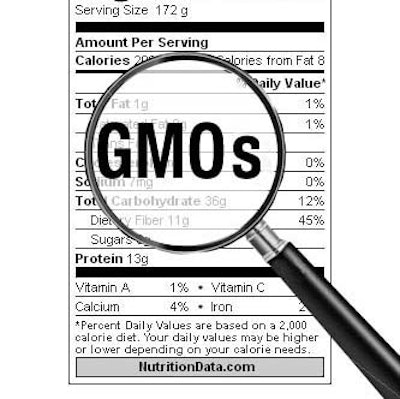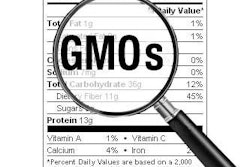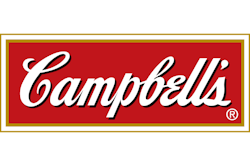
Maine’s legislature is mulling an act that would require food companies to label genetically modified food — and for the consumer that would mean more food transparency, according to The Bangor Daily News in Bangor, Maine.
The bill, LD 991, would require foods distributed in Maine to include a label if genetically modified organisms were used to produce the final product. Exempt from the requirement are restaurants, medical food and alcoholic beverages.
The proposed bill also seeks to free Maine from the manacles of a 2014 law that tied its genetically engineered food labeling initiatives to similar actions in four contiguous states — Vermont, Massachusetts, New Hampshire and Connecticut.
The bill’s sponsor, Rep. Michelle Dunphy, D-Old Town, wants Maine to stand on its own on the issue of GMO labeling. The amendment also seeks to remove the sunset clause, a 2018 deadline that repeals the law if all states don’t comply in time.
“We want to remove the contingencies to free Maine to act on its own,” said Dunphy, who expects the bill, which was tabled Thursday, to resurface in a work session later this legislative session. “Consumers have the right to choose. I don’t feel it will have a huge impact on how people shop.”
To read more, click here.
Editors Insight: The food industry has a big challenge on its hands with GMO labels. The challenge is to prevent a patchwork of requirements in different states which would be extremely difficult for manufacturers and distributors to comply with.
Vermont has already passed its own GMO labeling law, with rules scheduled to take effect in July.
The Coalition for Safe Affordable Food has launched a television advertising campaign calling on members of Congress to pass uniform, national labeling legislation for foods made with GMOs and to oppose on-pack mandatory labeling laws that would lead to higher food costs.
The debate over GMO labeling is one of the hottest issues in the food industry and the supply chain plays a very important role in how GMO information is gathered and made available to retailers and consumers. Whatever rules become law, the supply chain will play an important role in compliance because GMO information and other food data moves throughout the supply chain.
For supply chain companies, the immediate order of business is to understand the tools they will use in gathering and communicating food data. The food labeling debate and other debates increase consumers’ and lawmakers’ awareness of how to access food data.
The amount of food data continues to expand exponentially. GMO data is only one type of data that the supply chain must keep track of.
As the GMO label debate and other labeling-related debates continue, consumers and lawmakers will want to know more about the data and they will seek answers from companies in the food supply chain. 1-25-16 By Elliot Maras














